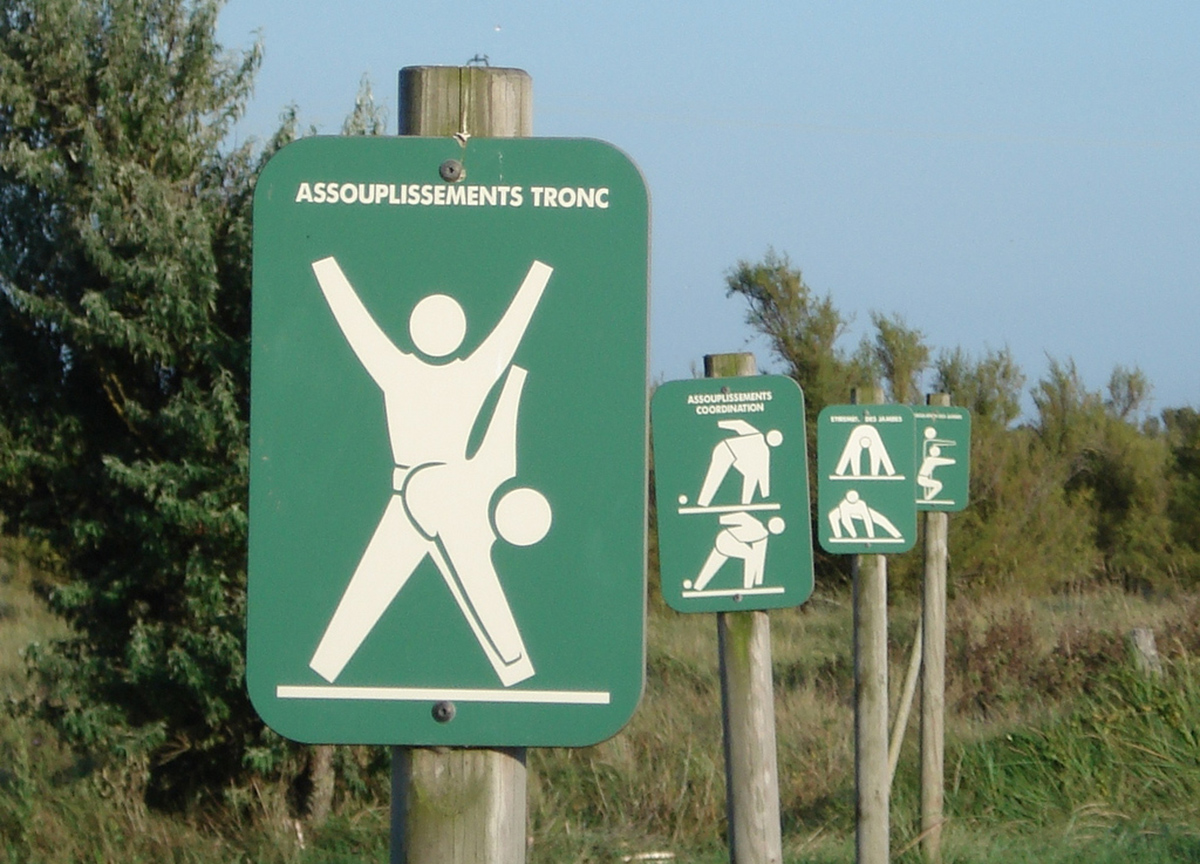Table of Contents
Feeding The Brain's Positive Reward System
Alcohol addiction messes with the brain's positive rewards to release dopamine, a chemical that gives you a buzz, a feeling of reward. Even beyond withdrawal, when a person is left without that reward after becoming sober, it's tough. Exercise won't get you drunk, but it does also cause the body to release that same dopamine. As any hardcore exercise buff will tell you, fitness offers a buzz — but a healthy, positive one!
Recovering alcoholics may find that exercise allows them to fill a deep need in a much better way, and even non-alcoholics with a strong family history of alcohol abuse may discover that fitness helps them.

Watch out, though: the body may not physically become addicted to exercise, the emotional rewards one gets can indeed lead to a kind of emotional dependence in some recovering alcoholics. Take care of your body, and see a counselor if you notice that exercise is beginning to play much the same role in your life that alcohol previously did.
Exercise: The Road To Emotional Freedom?
Quitting booze means that your personal numbing system is gone. The path that led a person to alcoholism can suddenly dominate the mind again, leading to emotional pain of the "difficult to cope with" kind. Nobody is suggesting using exercise as a way to drown out that pain, but it can indeed help recovering addicts discover a new self. Exercise can play a cathartic role in overcoming difficulties, be motivational, and allow one to gain confidence in their ability to achieve new feats.
Should You Use Exercise As A Way To Help You Recover From Alcoholism?
Alcohol recovery is a long and difficult road, one you're never quite done with. At the very beginning, or even before you commit to sobriety, regular exercise can help you reduce cravings and get you through those initial hard patches.
READ Recovering From Alcoholism Without Inpatient Care: Is It Possible?
Exercise is a very positive addition to an alcohol recovery program — which is why programs such as the Salt Lake City-based Fit to Recovery addicts-only exercise program exists, for instance. Such programs are a great idea that also allow recovering alcoholics to meet others in their shoes. While there is great power in exercise, we'd also advise you to seek out medical advice and counseling or a support group for recovering alcoholics in some form, to ensure optimal mental and physical health during your quest to recovery.
- Photo courtesy of imagensevangelicas: www.flickr.com/photos/imagensevangelicas/6339939875/
- Photo courtesy of Sanchom: www.flickr.com/photos/sanchom/2963072255/
- Photo courtesy of imagensevangelicas: www.flickr.com/photos/imagensevangelicas/6339939875/


Your thoughts on this